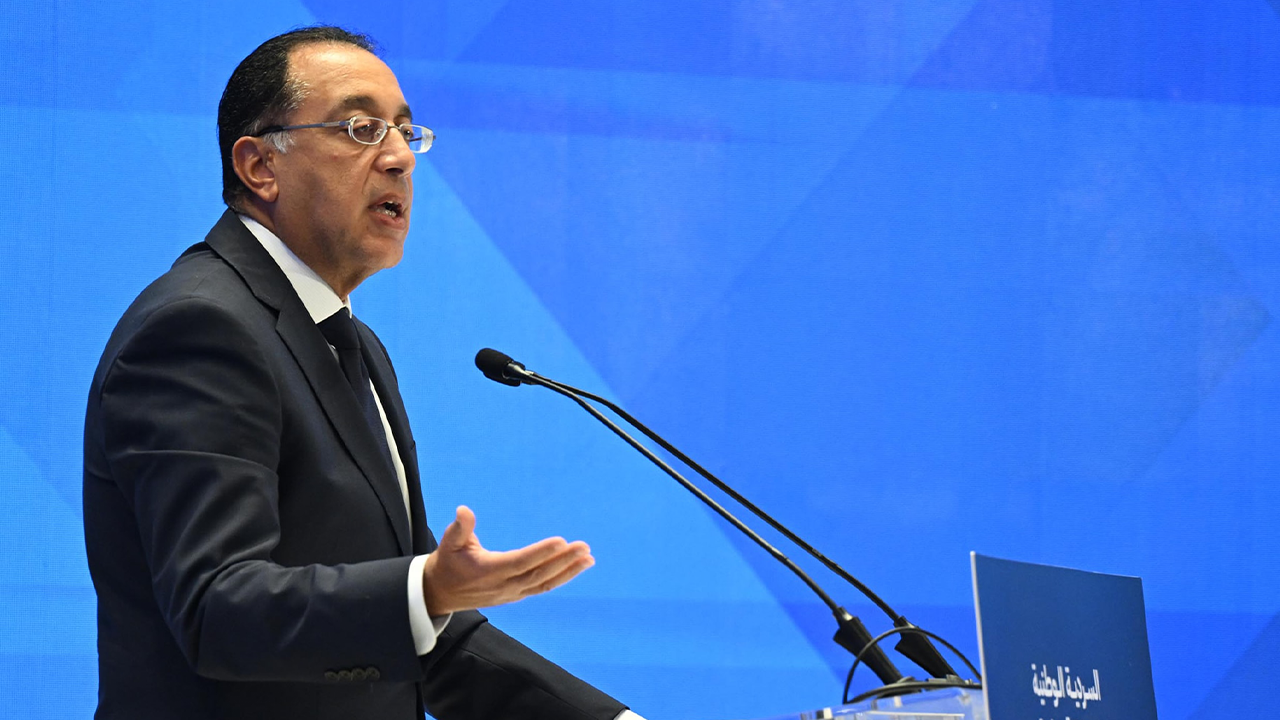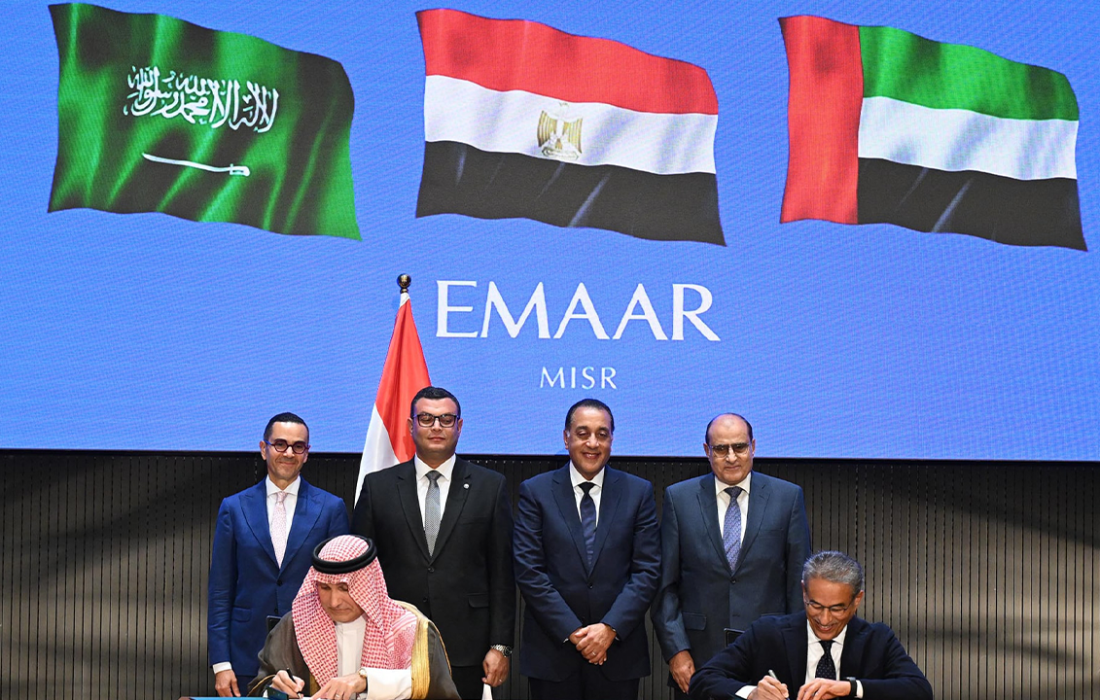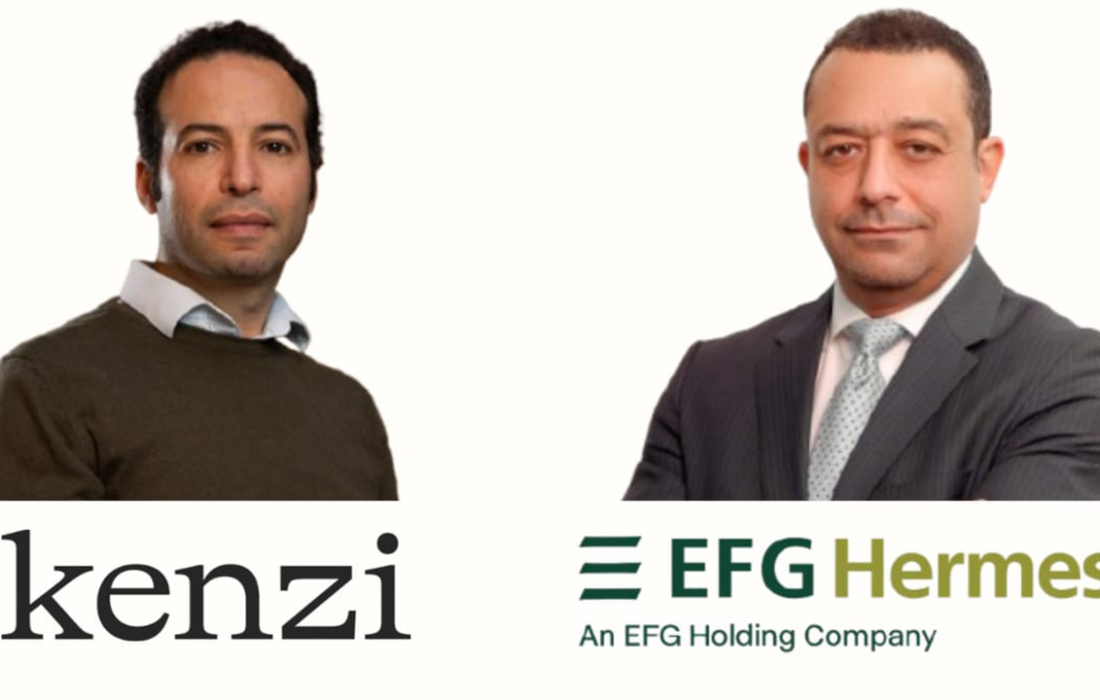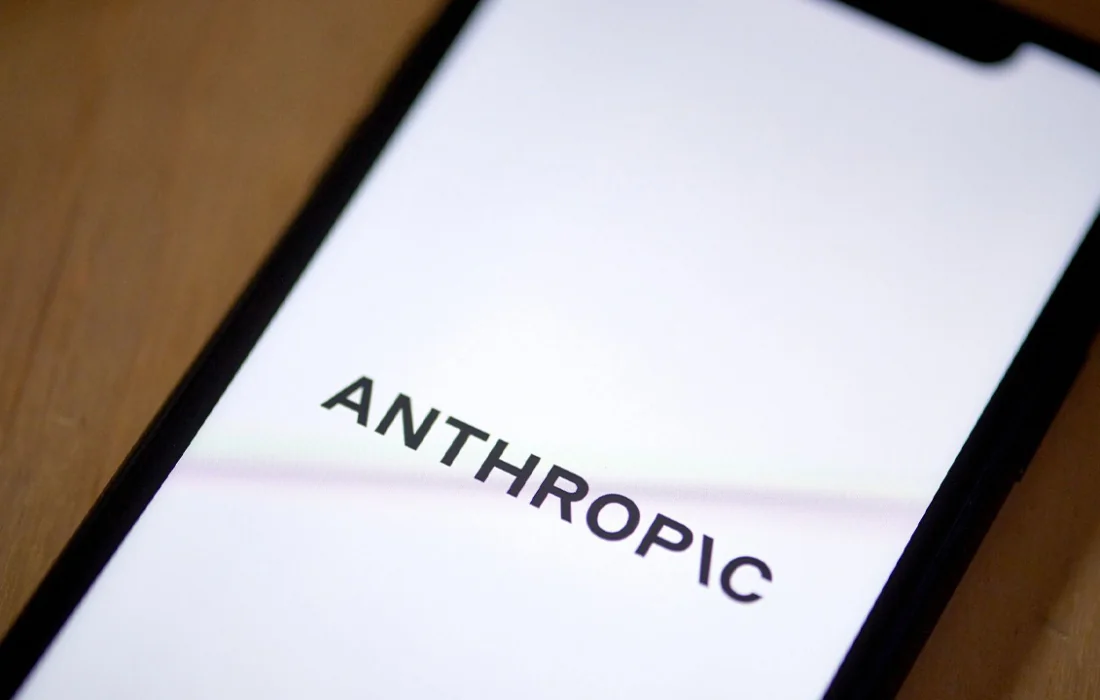- Egypt launched its ‘National Narrative’ for Economic Development, targeting 7% annual growth by 2030 and expanding private sector participation.
- The strategy focuses on competitiveness, green transition, and high-productivity, export-oriented sectors for sustainable growth.
National Narrative
Dr. Rania Al-Mashat, Minister of Planning, Economic Development and International Cooperation, introduced a framework titled “The National Narrative for Economic Development: Policies Supporting Growth and Employment.”
The ‘National Narrative’ was unveiled on 7 September 2025, in an event attended by Prime Minister Mostafa Madbouly and key cabinet ministers. Furthermore, it aligns with Egypt’s Vision 2030, which aims to drive growth, create jobs, and expand private sector participation.
The economic development plan targets an annual growth rate of 7% by 2030 and an increase in the investment rate to 25-30% of the GDP. It also aims to significantly increase the private sector’s role in the economy. Additionally, it seeks to shift the state’s role from managing state institutions to managing state capital.
Main Pillars
The narrative focuses on three key pillars: strengthening the national economy, enhancing competitiveness and business environment, as well as advancing a green transition.
It is essentially a comprehensive framework to align Egypt’s long-term development goals amid global and regional challenges. Additionally, it prioritizes high-productivity, export-oriented sectors, leveraging Egypt’s upgraded infrastructure to support industry, investment, and job creation. Furthermore, it outlines fiscal and monetary policies, improving the management of public investments and regional development planning to promote localized growth.
The narrative consolidates strategies for foreign direct investment, industrial development, foreign trade, and job creation. Additionally, it focuses on manufacturing, agriculture, tourism, energy, and ICT.
During the launch, Minister Dr. Al-Mashat referred to national efforts to restructure economic authorities, complementing this transformation by reviewing 59 out of 63 economic authorities. This is aimed at maximizing economic returns, improving performance efficiency, reducing overlapping mandates, and rationalizing public spending.
The ‘‘National Narrative’’ builds on the State Ownership Policy launched in 2022, which first set the roadmap for where the state should exit, reduce, or expand its presence.
State Ownership Policy Document
The State Ownership Policy Document is the key reference of this ‘‘National Narrative’’. The document was launched in June 2022 as a roadmap to restructure the state’s economic presence.
The policy defines three directions for state ownership and presence in economic activity:
- Exit within 3 years: Identifying sectors/activities from which the state will withdraw in the upcoming period.
- Continued state presence with stabilization or reduction: Identifying sectors/activities where government investments will be stabilized or reduced, while allowing private sector participation in some of them.
- Continued state presence with stabilization or expansion: Identifying sectors/activities where the state will maintain a continuous presence, while allowing private sector participation in some of these activities.
In order to implement this vision, this institutional structure was integrated:
- State-Owned Companies Unit, handles the technical tasks related to evaluating public companies.
- Egyptian Sovereign Fund, the state’s investment arm for managing public assets based on principles of efficiency and economic return.
- Government Offerings Unit, which is responsible for determining appropriate offering methods.
The ‘National Narrative’ aligns with Egypt Vision 2030 and ongoing economic development. It aims to direct investment toward high-productivity sectors, strengthen competitiveness, and improve export capacity, while ensuring the private sector becomes the primary driver of economic growth.
If you see something out of place or would like to contribute to this story, check out our Ethics and Policy section.














